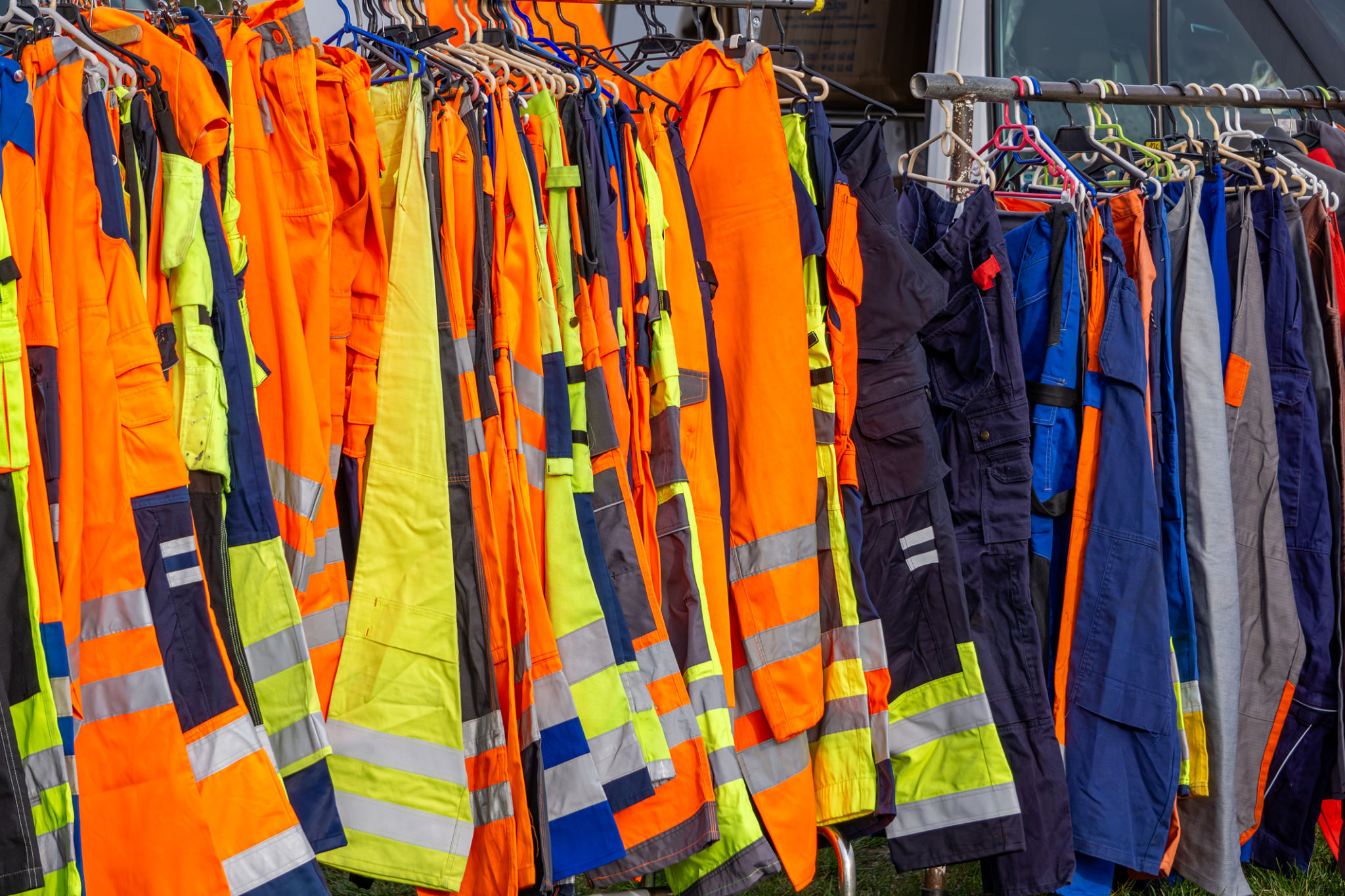Top Pressure Washing Tips for Houston Homeowners
Understanding the Basics of Pressure Washing
Pressure washing is an effective way to maintain the exterior of your home, keeping it clean and prolonging the life of its surfaces. Homeowners in Houston, with its humid climate, can particularly benefit from this maintenance routine to combat mold, mildew, and dirt buildup. Before you start, it's important to understand the difference between pressure washing and power washing. While both use high-pressure water, power washing uses heated water, making it more suitable for certain stains like oil.
For most homeowners, a standard pressure washer will suffice. These machines come with different nozzles that determine the angle and pressure of the water jet. Familiarize yourself with these nozzles to choose the right one for each surface type.

Preparing Your Home for Pressure Washing
Before you even turn on the pressure washer, take the time to prepare your home. Remove any loose items from the area you plan to clean, such as patio furniture, potted plants, and decorations. Cover any exterior outlets and lighting fixtures with plastic sheeting to protect them from water damage.
Check for any surface damage in the area you intend to clean. Pressure washing can exacerbate existing damage, so it's best to address these issues beforehand. Repair loose or cracked siding and ensure all windows and doors are tightly sealed.
Using the Right Technique
Proper technique is crucial when using a pressure washer. Always start with the widest nozzle (usually marked as a white or green tip) at a lower pressure setting. This helps prevent damage to surfaces while allowing you to gauge how much pressure is needed. Hold the nozzle at a 45-degree angle, maintaining a distance of at least 12 inches from the surface.

When washing vertical surfaces like walls or fences, start from the bottom and work your way up. This method helps avoid streaking and ensures a more even clean. For horizontal surfaces like driveways and decks, use a sweeping motion across the surface.
Safety Precautions
Pressure washers are powerful tools that require caution during use. Always wear protective gear, including goggles and gloves, to safeguard against debris and high-pressure water jets. If you are using a gas-powered pressure washer, work in a well-ventilated area to avoid carbon monoxide buildup.
Keep children and pets at a safe distance while operating the pressure washer. Be mindful of electrical hazards, especially when using an electric pressure washer; ensure extension cords are suitable for outdoor use.

Choosing the Right Cleaning Solutions
While water alone can do much of the work, certain stains may require specialized cleaning solutions. Use biodegradable detergents that are safe for both your surfaces and the environment. Avoid using harsh chemicals that can damage surfaces or harm surrounding plants and wildlife.
Apply cleaning solutions using a low-pressure spray setting. Allow it to sit for a few minutes before rinsing to effectively break down dirt and grime.
Maintaining Your Pressure Washer
Regular maintenance of your pressure washer ensures its longevity and effectiveness. After each use, thoroughly rinse the machine to remove any detergent residue. Check hoses, nozzles, and connections for wear and tear.
For gas-powered models, change the oil and air filter regularly as per the manufacturer's instructions. Proper storage in a dry, covered area will prevent damage from weather elements.

When to Hire Professionals
While many homeowners can handle basic pressure washing tasks, certain situations call for professional help. If you're dealing with delicate surfaces or extensive mold and mildew problems, hiring an expert ensures safety and efficiency.
Professionals have access to commercial-grade equipment and specialized knowledge, which can be particularly beneficial for large-scale projects or hard-to-reach areas.
Conclusion
Pressure washing is an invaluable tool in home maintenance, especially in climates like Houston's. By understanding the basics, preparing correctly, and using proper techniques along with safety measures, homeowners can effectively clean their home's exterior. Regular maintenance of your equipment and knowing when to call in professionals will ensure your home remains in top condition year-round.